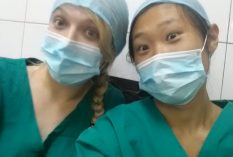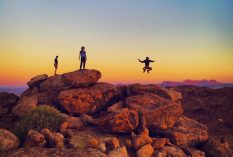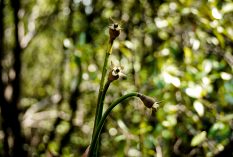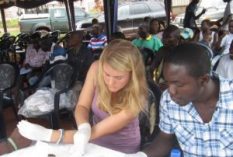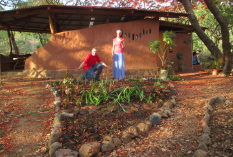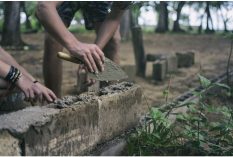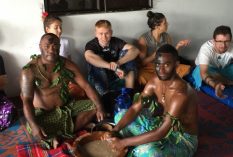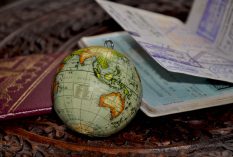Defined by Wikipedia as “the treatment and care of injured, orphaned, or sick wild animals so that they can be released back to the wild”, wildlife rehabilitation is so much more than could possibly be conveyed by these few little words. It’s the never-ending, gruelling struggle to reverse the effects of man, be it commercial fishing affecting marine life, poaching of wild animals with the intent to feed the shady and illegal exotic pet trade, or just the unfortunate but all to common result of an ever-growing urban sprawl, pushing wildlife into ever smaller areas in which to fend for themselves. It’s the kind of work that requires real devotion, a dogged-mindedness, patience and a whole lot of strength, of both the physical and the emotional kind.
There are countless individuals and groups all over the world working in wildlife rehabilitation. Through the daily struggle to help save the species that have become endangered through the heedless actions of humans, they stand as the last guardians between life – and extinction. Their work is mostly un-sung and un-rewarded, save for the palpable results of their ceaseless efforts – the successful release back into the wild of rehabilitated animals.
The key word here is successful. To release a rehabilitated animal back into the wild before it is ready is to doom it to a certain death. Rehabilitation therefore, is a long and slow process to not just care for the physical health of an injured animal, but also to provide the means for it to re-learn the ways of the wild, so that once it is released, it will continue to care for itself the way nature intended – despite being reared in captivity – cared for by humans.
Global Nomadic volunteers are playing a central role in the successful rehabilitation and release of endangered primates in Belize. It’s a life-changing experience – not just for the confiscated pet monkeys that are brought back to health and taught the skills they need for life back in the wild where they belong, but also for the volunteers themselves: for many it results in a career change to conservation, as volunteers find their calling in life.
Our Belize partner team was elated this week with news (and photos!) of the ultimate reward: the first wild-born babies from confiscated pet howler monkeys rehabilitated and released into the Fireburn Reserve! Since the day the parent’s parents were shot for their babies to be sold onto the illegal pet trade, these monkeys have shown remarkable resilience. Unlike many, they didn’t die in the first few months of captivity as pets – once confiscated by the Government of Belize and placed in rehabilitation, they were nursed back to health, socialized into groups with other monkeys of similar age, bonded into troops, and given the opportunity to learn all the forest climbing and communication skills needed for life back in the wild. Belize’s Primate Rehabilitation Programme is achieving phenomenal successes – 97% of released, rehabilitated monkeys survive their first year back in the wild, and not only survive but thrive!
Successful wildlife rehabilitation doesn’t end with successful releases – it can’t truly be considered successful until the animals successfully reproduce in the wild and thereby re-join the gene pool. This week’s sightings and photos of the baby howler monkeys confirm that the enormous commitment of the Primate Rehabilitation Programme and its team of committed volunteers has paid off: not only have these endangered primates been successfully returned to the wild and become a successfully breeding population, they are also the core members of an ambitious species reintroduction effort – to re-establish the Yucatan black howler monkey in an area of its former range from which they were extirpated almost 70 years ago! Little wonder there was such elation with this week’s news, and no big surprise that so many volunteers extend their stay on the Programme and return a second, third and fourth time to continue playing such a central role in this incredibly rewarding work.
Sign up now to join this fascinating project and become a part of something truly special! You can also choose to help by donating funds for the construction of a new primate enclosure, helping even more monkeys on their way back to a life in the wild.


